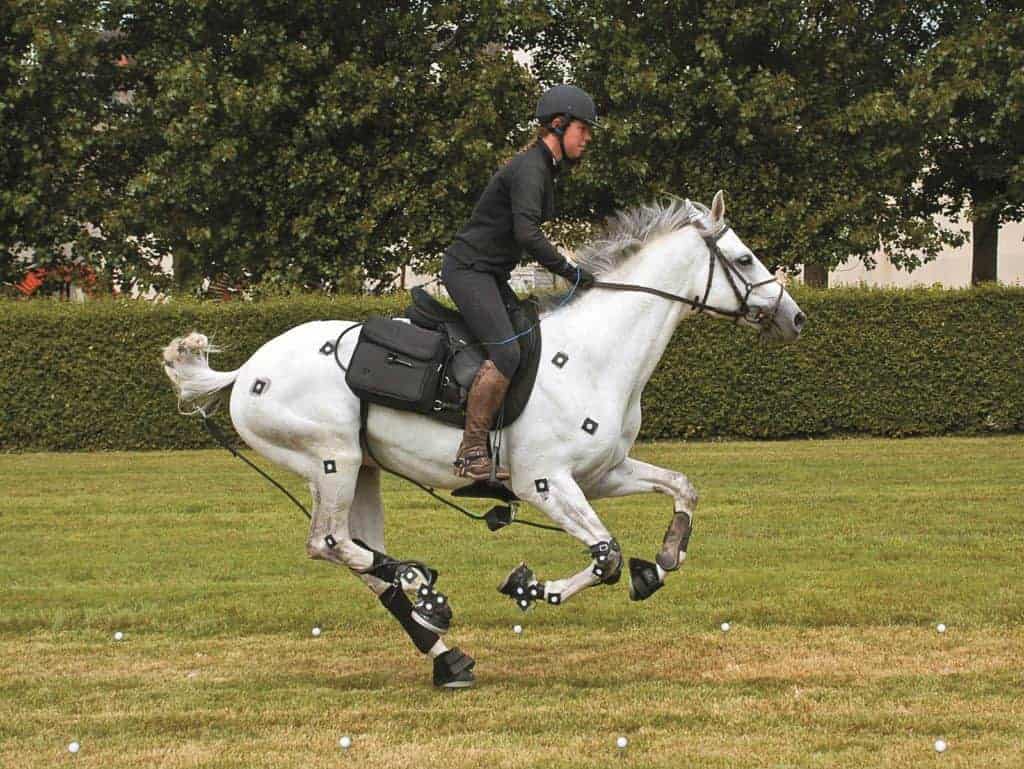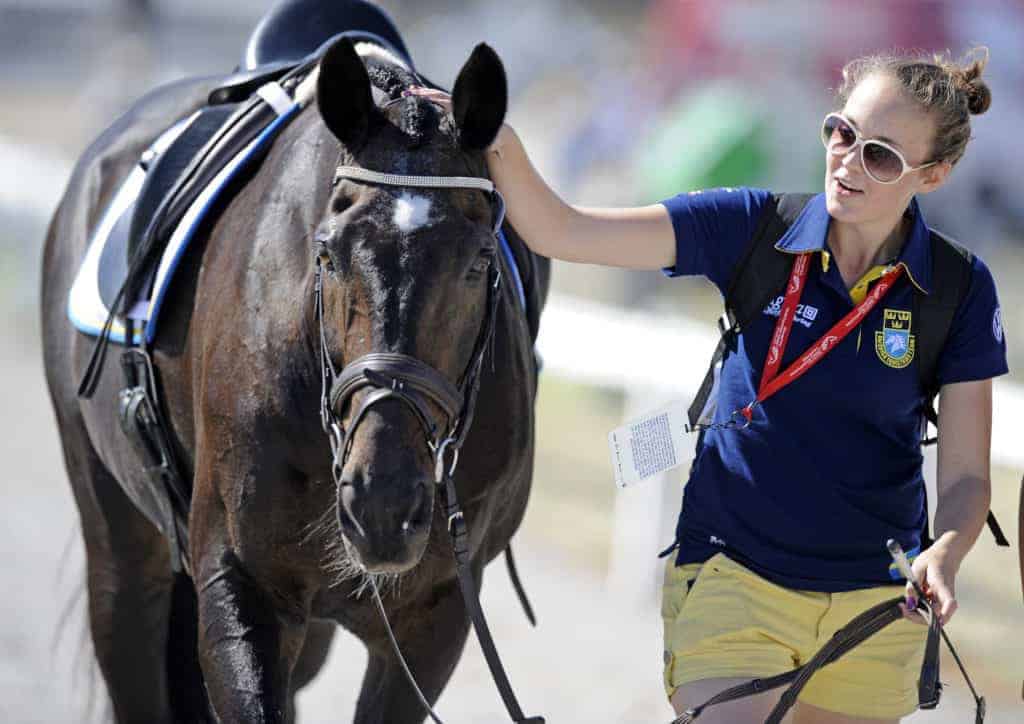
Exercise Physiology: Are Horses like Humans & Other Species?
Dr. Erica McKenzie of Oregon State University, and an Ironman triathlete, shares what exercise physiology research in humans and dogs can tell us about our horses.

Dr. Erica McKenzie of Oregon State University, and an Ironman triathlete, shares what exercise physiology research in humans and dogs can tell us about our horses.

Caring for Miniature Horses is similar to managing big horses–they need good nutrition, housing, farriery, and vet care. However, these tiny equids do require some special considerations, too.

Researchers developing a test to identify overtraining learned the practice has negative effects on horses.

Dr. Erica McKenzie of Oregon State University shares how to get your horse into riding shape after a winter’s rest.

Researchers believe different sweating patterns can help estimate how much sweat horses lose during exercise.

Researchers say endophyte-infected tall fescue seed consumption could negatively affect exercise recovery.

With proper management, most horses recover well from dehydration and exhaustion.

Researchers suggest horse genes need to prepare for high performance-associated stress.

The future of equitation science technology is enormous, provided we know how to use and benefit from it.

Young horses are in a critical stage of development, where careful management is essential to a healthy adult life. In this live audio event, our experts answer questions about young horse care, including growth, nutrition, exercise, and disease.

Paying attention to certain, sometimes minute, details can help horses enjoy longer athletic careers.

There were few performance differences between foals born to healthy mares and those treated for placentitis.

Equine nutrition, hydration, exercise, blanketing, and respiratory health can be concerns as temperatures dip.

The goal for sport horses, from prepurchase exams through their careers, is to extend the time to retirement.

Exercising foals helps condition articular cartilage and delay future joint disorders, one veterinarian says.

Paying attention to horses’ psychological factors is key to ensuring success in work and mental well-being.
Stay on top of the most recent Horse Health news with
"*" indicates required fields